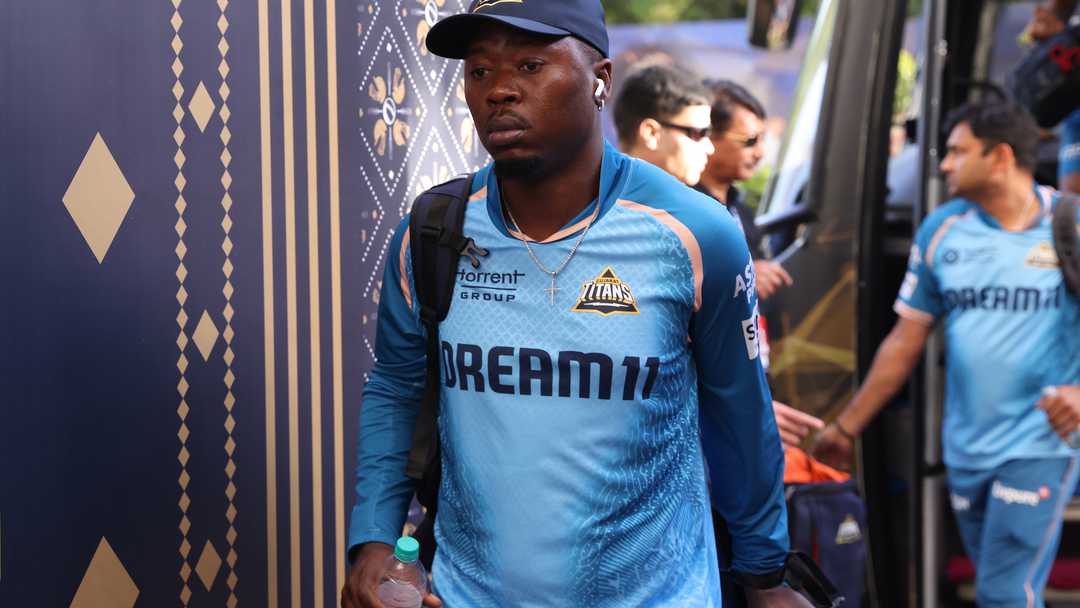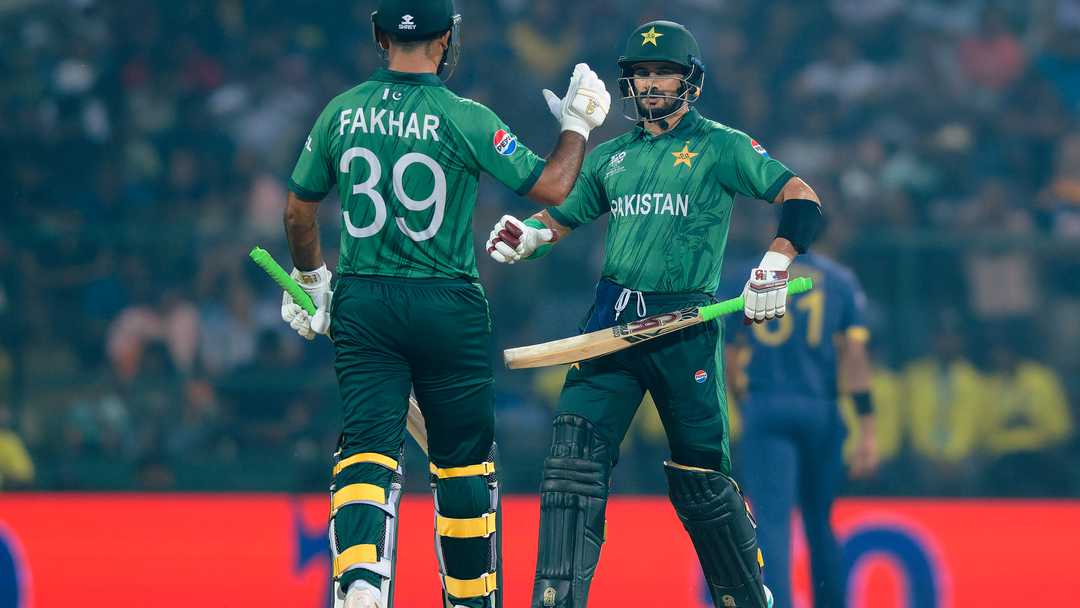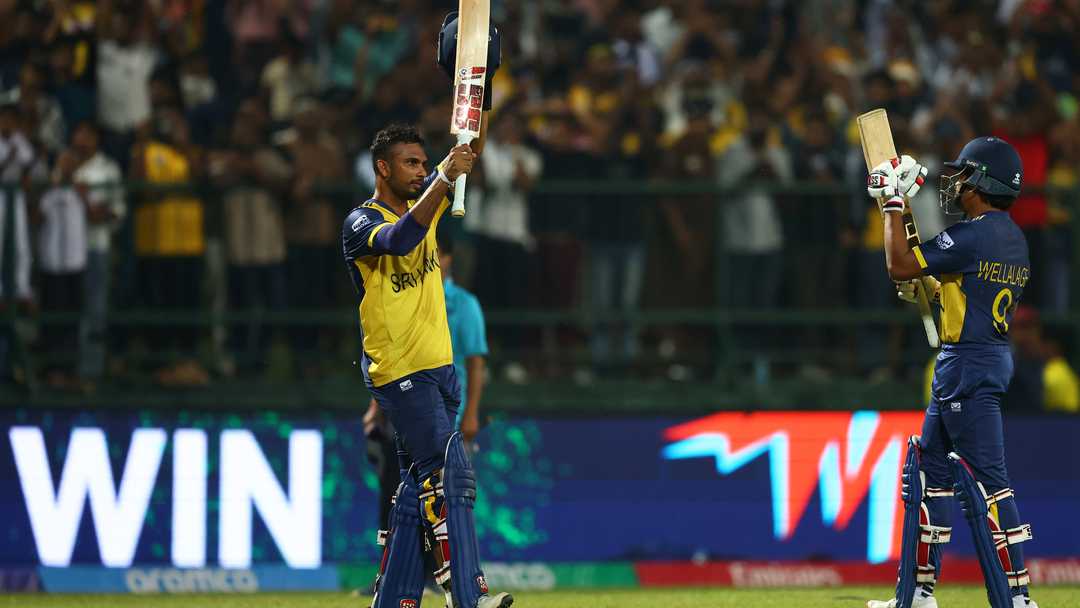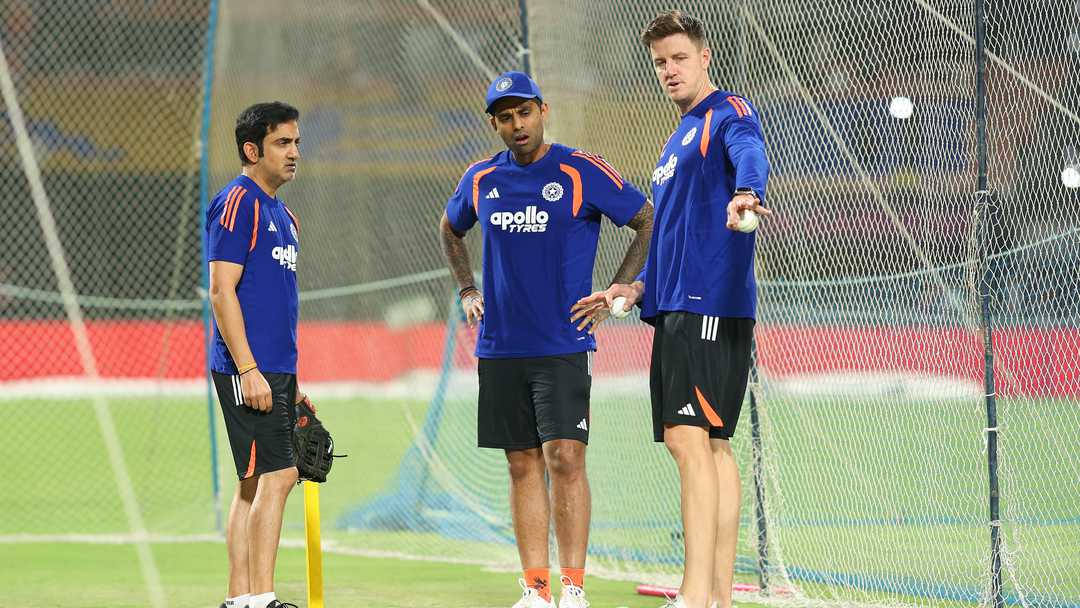
A blot on Rabada's record, but no more than that
Kagiso Rabada, a world-class fast bowler, has been involved in a controversy surrounding his use of a recreational drug. Despite being a giant of the global game, Rabada has been caught up in a situation that has raised questions about his personal life and the consequences of his actions.
Rabada has been a dominant force in international cricket, with impressive records in Tests, ODIs, and T20Is. He has also played in the IPL, where he has been a key player for Gujarat. However, his recent transgression has cast a shadow over his otherwise illustrious career.
According to the South African Institute for Drug-Free Sport (SAIDS), Rabada tested positive for a substance of abuse after a SA20 match in January. He was subsequently suspended for a month, during which time he completed a substance abuse treatment program. The suspension has now been lifted, and Rabada is free to resume his cricket career.
The controversy surrounding Rabada's use of a recreational drug has sparked debate about the consequences of his actions. Some have questioned why Rabada was not punished more severely, while others have defended him, citing the fact that he has already served a month-long suspension.
The issue has also raised questions about the use of recreational drugs in professional sports. While some have argued that athletes should be held to a higher standard, others have pointed out that the use of recreational drugs is a common phenomenon in society.
In the midst of this controversy, Tim Paine, the former Australian captain, has weighed in, expressing his disappointment and frustration with Rabada's actions. Paine has argued that athletes who use recreational drugs should be held accountable and that their actions should not be swept under the rug.
The debate surrounding Rabada's use of a recreational drug is complex and multifaceted. While some have criticized him for his actions, others have defended him, citing the fact that he has already served a suspension and has completed a treatment program. Ultimately, the issue highlights the need for a nuanced and thoughtful approach to dealing with the use of recreational drugs in professional sports.



